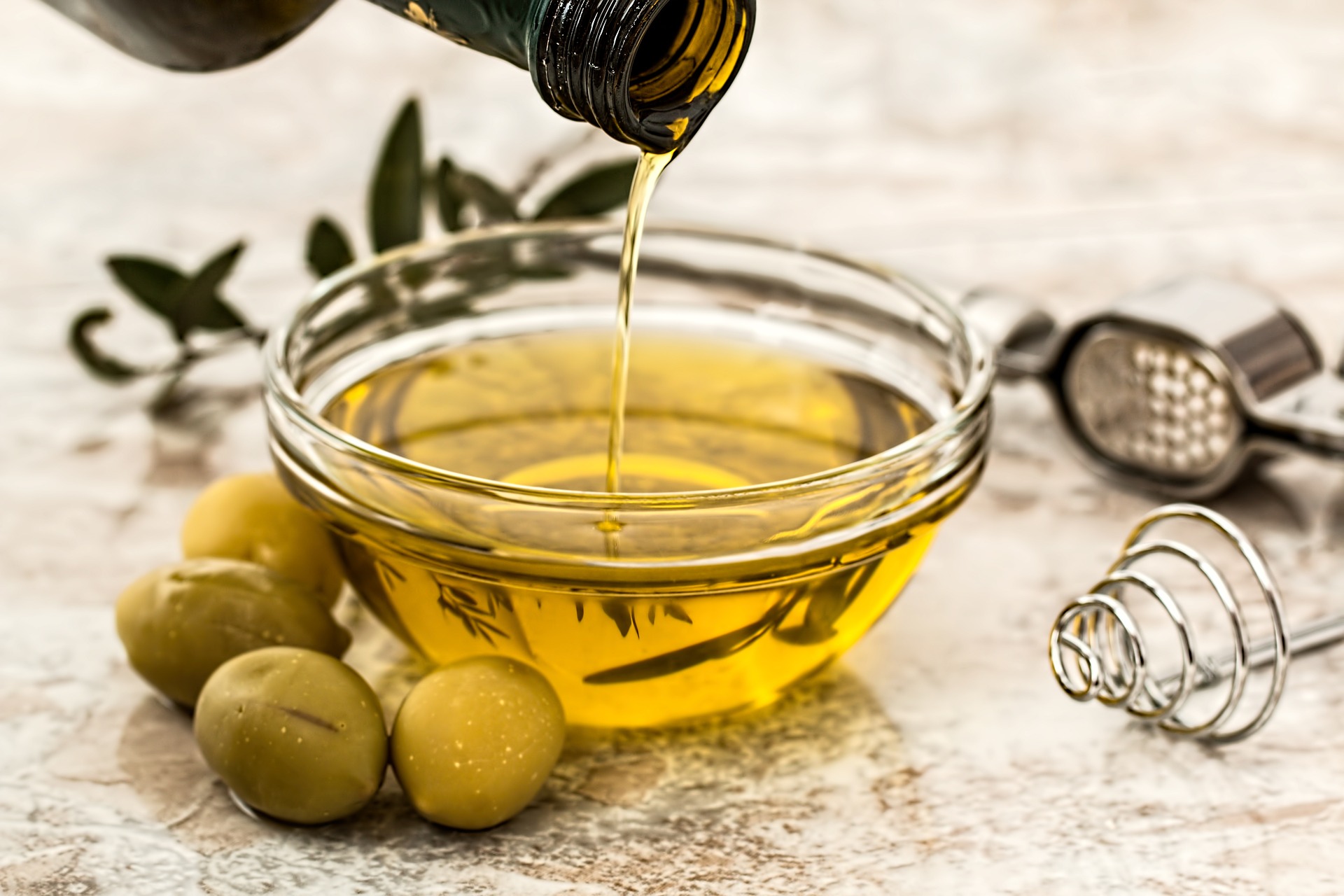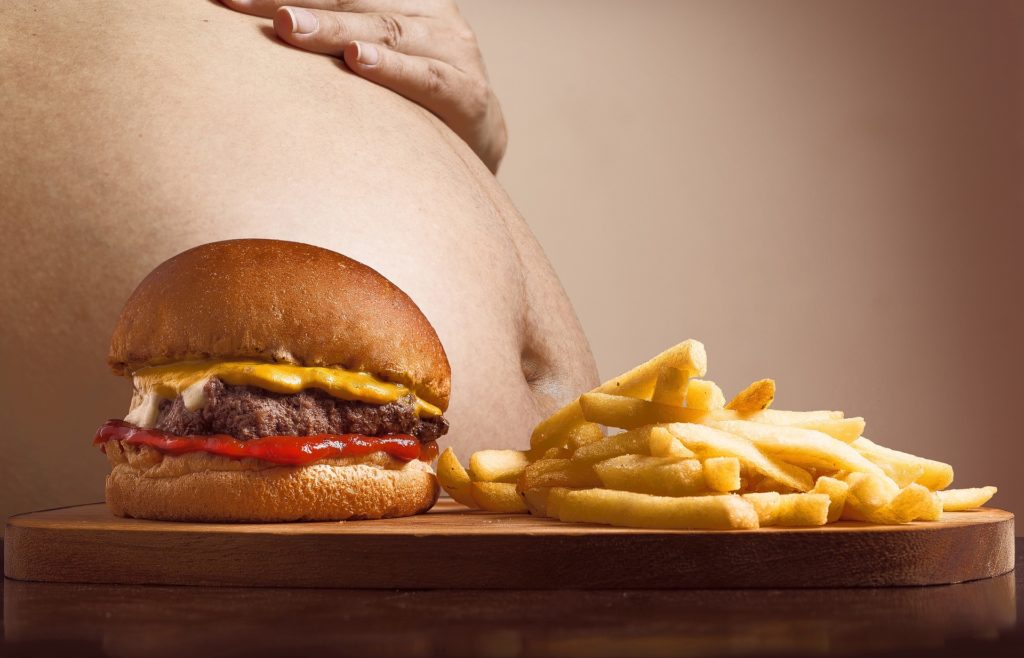What Is Good Cholesterol And How Can You Get It In Your Diet?

All cholesterol is not created equal. It is a very common misconception that cholesterol is simply bad across the board and that reducing it is always beneficial. There are two main types of cholesterol: HDL and LDL cholesterol (also known as ‘good cholesterol’ and ‘bad cholesterol’), which are very different beasts and have very different effects on health.
High-Density Lipoprotein (HDL) cholesterol is the ‘good’ type. High levels of HDL cholesterol are closely correlated to better overall health, lower inflammation, lower levels and instances of disease, decreased rates of mortality, and a generally longer life.
HDL’s evil twin is LDL. Low-Density Lipoprotein (LDL) cholesterol is the ‘bad’ cholesterol that often leads to clogged arteries, heart disease, stroke, low energy, lack of mobility (necessitating the use of things like a handicap parking space), and early death.
Many people with chronic heart disease who are immobile enough to require a disabled parking permit have relatively low to medium overall cholesterol, and yet their health problems persist. This can be frustrating and confusing for the patient. They are doing their best to keep their cholesterol down and yet they still do not have a healthy heart, and still require a handicap parking space. What may be hidden in the data is that they have low levels of HDL, or ‘good’ cholesterol also.
‘Total cholesterol’ is a measure of all of the cholesterol in your blood. This includes HDL, LDL, and triglycerides. But knowing your ‘total cholesterol’ level doesn’t really tell you much. You need to know the amount of HDL and LDL and their ratio to each other. A high ratio of HDL to LDL cholesterol is desirable.

HDL cholesterol involves a fairly diverse group of particles that do important jobs in the body. Many versions of HDL cholesterol perform the crucial task of mopping up excess ‘bad’ cholesterol that’s hanging around in the blood stream and transporting it to the liver, where it can be safely broken down and disposed of. In this way, higher levels of HDL cholesterol often result in lower levels of LDL cholesterol.
‘All cholesterol is bad’ is a dangerous misconception. Thankfully, this simplistic and harmful idea is gradually dying out. Awareness of the crucial role that HDL cholesterol plays in the human body is growing fast.
The excellent news is that you have a lot of control over your levels of HDL cholesterol. The biggest factor that determines your levels of good cholesterol is your lifestyle. If you make the right diet, exercise, and lifestyle choices, you can naturally increase your levels of HDL cholesterol, and enjoy the myriad health benefits that increased good cholesterol can bring (who knows, maybe you will even cease to qualify for a disabled parking permit!).
It is very wise to work at increasing your levels of HDL cholesterol. Here are eight ways you can do that.

Eat Healthy Fats
Numerous studies have shown that healthy fats such as extra-virgin olive oil, coconut oil, eggs, and fatty, omega-3-rich fish (such as salmon, sardines, mackerel, and herring) increase levels of HDL cholesterol in the body. Healthy fats help to reduce inflammation and balance hormones. Naturally occurring, healthy fat is your friend!
Don’t Eat Artificial Trans Fats
Artificial trans fats are found in many processed foods. They are made by adding hydrogen to unsaturated vegetable and seed oils… And they most certainly are not your friend! Artificial trans fats have been shown to have to opposite effects to healthy fats. ATFs decrease HDL cholesterol and increase inflammation. They are extremely bad for you. Avoid!
Cut Down on Refined Carbs
Many studies have shown that a ketogenic diet (a low-carb way of eating that keeps blood sugar low and forces the body to burn ketones for fuel inside of glucose) will reduce inflammation and increase levels of HDL cholesterol.
Don’t Smoke
Smoking lowers the amount of HDL cholesterol in the body. Many studies have shown that giving up smoking causes good cholesterol levels to rise, often to similar levels as non-smokers. Quit smoking and watch your HDL cholesterol soar, and with it your health and longevity!
Increase Exercise
Regular exercise (especially exercise that is intense enough to get your heart beating at a good, fast clip) has been shown to increase good cholesterol.
Decrease Body Weight
Bringing down your weight – whether by intermittent fasting, calorie restriction, or a low-carb diet – has been shown to increase levels of good cholesterol.
Low to Moderate Alcohol Consumption
High levels of alcohol consumption have been shown to increase risk of heart disease and cancer; it also decreases HDL cholesterol levels. Drinking low to moderate amounts of alcohol will prevent alcohol from lowering your levels of good cholesterol.
Get Enough Niacin
Niacin (which is a B vitamin) is commonly used to increase people’s level of HDL cholesterol. You can take a niacin supplement, or make sure you get enough niacin from your diet. Turkey, chicken, peanuts, liver, mushrooms, tuna, and beef all contain a hefty dose of niacin.